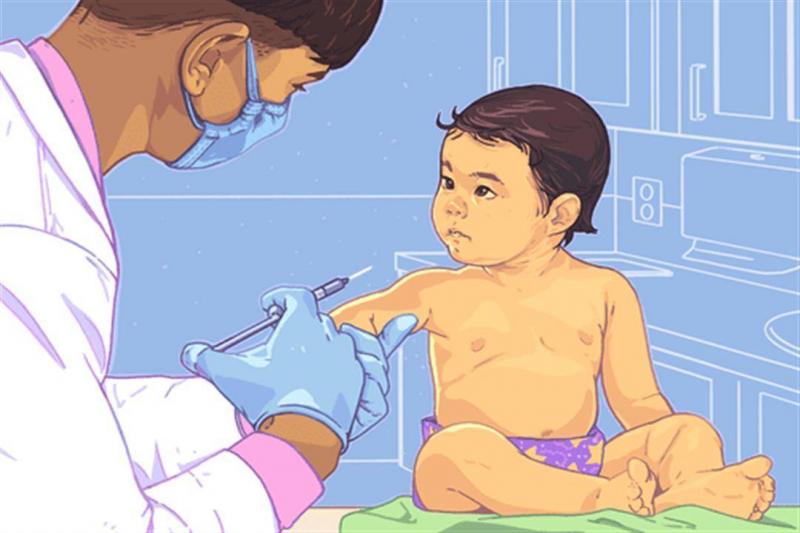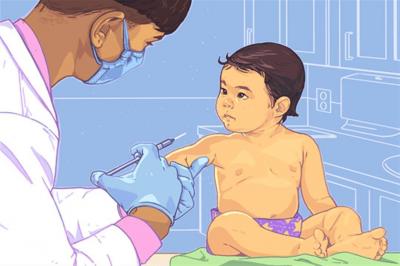The "Princess Máxima Center for Pediatric Oncology" and the "HOP Children's Tumor Center" in Heidelberg, Germany, have established a fund for pediatric cancer research to develop treatment methods that are less impactful in terms of side effects and specifically tailored for children. Stefan Biesinger, director of HOP, stated in an interview with the German news agency that "we can no longer develop at the national level on our own, but we need to work intensively across borders on these rare diseases."
Biesinger emphasized the importance of reducing the consequences of surgeries and chemotherapy and radiation treatments, such as infertility, cognitive impairment, neurological issues, and damage to the heart and kidneys. He noted that "these consequences accompany young patients for life." At the same time, there is a need to provide more opportunities for children who are currently unable to recover to access the innovative treatments resulting from cancer research.
In Europe, 35,000 children are diagnosed with cancer each year, with more than 2,000 of them in Germany, which represents one percent of all cancer diagnoses in Europe and Germany. Biesinger, a pediatric oncology specialist, remarked, "the numbers are slowly increasing without a reasonable explanation," explaining that 80% of those affected have survived the disease, yet this figure has not significantly improved over the past twenty years. Biesinger is optimistic about new forms of treatment, such as targeted molecular therapies and immunotherapies, by integrating them with traditional treatment methods.
There are over two hundred different types of cancers that affect children, which rarely occur in adults. The spectrum includes leukemia, lymphoma, brain tumors, and sarcomas. For pharmaceutical companies, developing drugs for children from birth to 18 years is not a profitable venture due to the small market size. However, Biesinger pointed out, "they are now compelled to address the issue because they also need to verify its efficacy in children to obtain approval from the European Medicines Agency when developing a cancer drug," illustrating that the necessary studies must include a specific number of test subjects, which no single country can manage alone.
The fund will initially allocate one million euros to eight to ten research projects. Biesinger anticipates an additional 10 million euros for research infrastructure such as IT platforms, tumor model production, clinical study planning, joint training programs, and experimental laboratory projects. He expects to secure funds from private sponsors in the next six to twelve months.
Pediatric cancer research and care is centered in the Netherlands at the "Princess Máxima Center for Pediatric Oncology" in Utrecht. The HOP center is an institution affiliated with the German Cancer Research Center, the University Hospital Heidelberg, and Heidelberg University. The cooperation in pediatric oncology between the "Princess Máxima Center" and the HOP Center is set to be officially endorsed today, Monday, at the Dutch embassy in Berlin, in the presence of Queen Máxima of the Netherlands.




